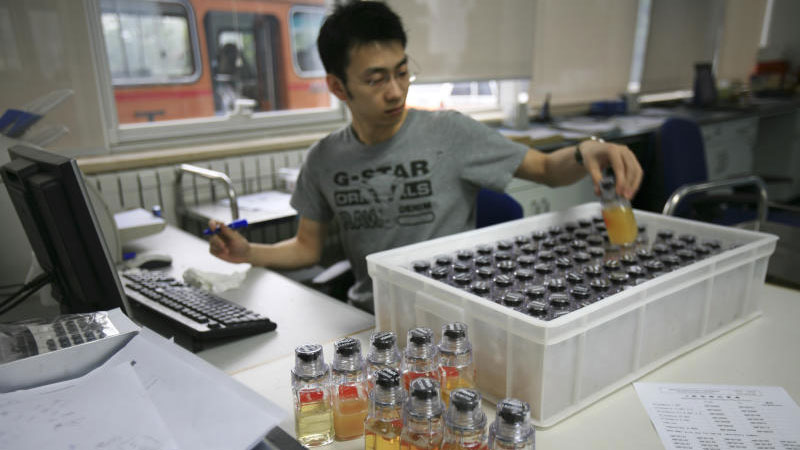×
The Standard e-Paper
Join Thousands Daily

Athletics Kenya and the Anti-Doping Agency of Kenya (Adak) have welcomed the approval of a drug-testing laboratory in the country.
Kenya is reeling from negative publicity as some of her top athletes have tested positive on prohibited substances top among them beleaguered multiple world champions Asbel Kiprop.